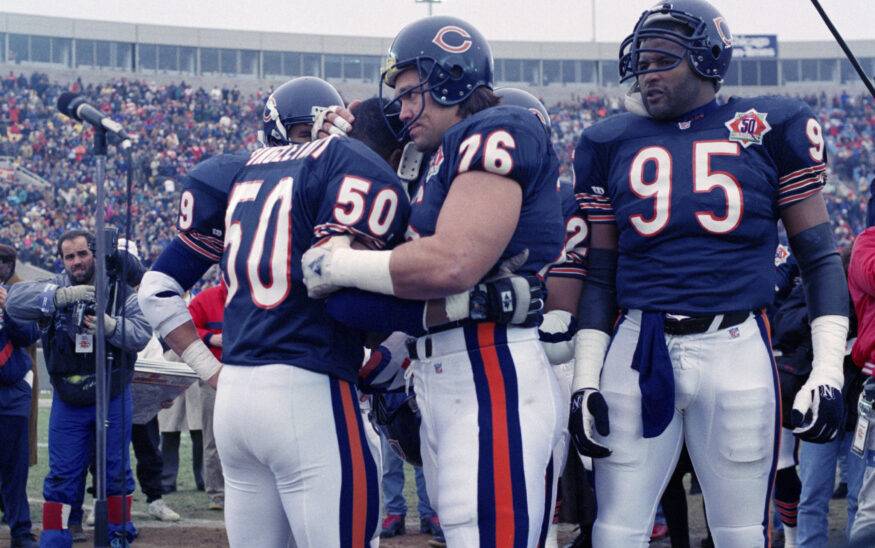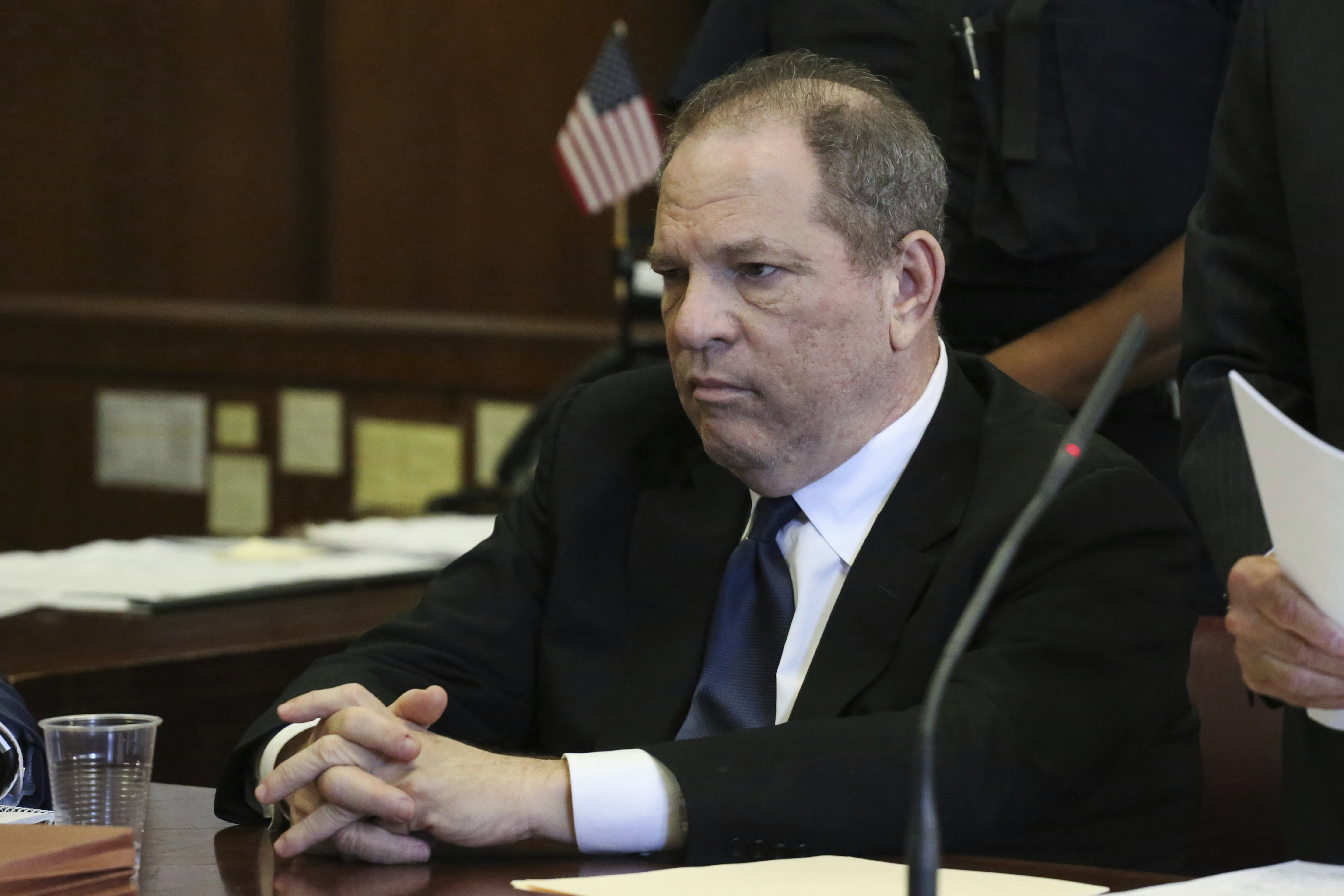Federal lawsuit against Chicago Bears filed on similar grounds as State Bar of Wisconsin lawsuit
By: Steve Schuster, [email protected]//April 8, 2024//
Federal lawsuit against Chicago Bears filed on similar grounds as State Bar of Wisconsin lawsuit
By: Steve Schuster, [email protected]//April 8, 2024//
The Chicago Bears have been sued in federal court for discrimination, according to court documents obtained by the Wisconsin Law Journal.
According court documents, the Chicago Bears allegedly rejected a white male job candidate simply because he was white and male.
The March lawsuit was filed in the United States District Court for the Northern District of Illinois on behalf of Jonathan Bresser. Bresser, a law student at DePaul University, is seeking damages against the Chicago Bears and individual defendants as a result of the alleged intentionally racist and sexist hiring practices implemented by the organization.
“As a direct and proximate result of this unlawful action, Plaintiff has suffered damages,” the lawsuit states.
Attorney Skyler Croy, who represented WILL in the lawsuit against the State Bar of Wisconsin, praised the the plaintiff in the Chicago Bears case.
“It takes some bravery to do that. For the rest of this young man’s career he will be always be the guy who sued the Chicago Bears for race discrimination,” Croy said.
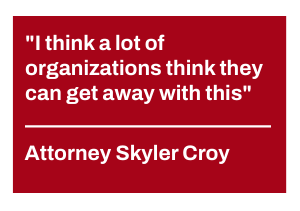
“I’m happy he did it and wish more people would speak out. I think a lot of organizations think they can get away with this and hopefully this lawsuit will give people the safe space they need,” Croy added.
According to Chicago Bears court documents, the plaintiff is seeking both compensatory and punitive damages, “to the maximum amount allowed by the law.”
Bresser is a 1L and applied for a “Legal Diversity Fellow” position advertised by the Chicago Bears. The position required applicants to identify as a “person of color and/or female law student” in order to be considered for the position.
The lawsuit filed on behalf of Bresser alleges the Chicago Bears and individual defendants engaged in intentionally discriminatory employment practices on the basis of race and sex, in direct violation of Bresser’s rights secured by Title VII of the Civil Rights Act of 1964, § 1981 of the Civil Rights Act of 1866, and similar statutes.
Croy said he what the Chicago Bears have done is illegal.
“The Chicago Bears are in a lot of trouble,” Croy said.
When asked by the Wisconsin Law Journal if the Bears are in trouble legally or because the team has had its struggles on the field, Croy laughed and responded, “Both, and you can quote me on that.”
According to court documents, the action named Tanesha Wade, “an African-American female … employed by the Bears as a Senior Vice President of Diversity, Equity, and Inclusion,” as a defendant. Other defendants include former counsel for the Bears, as well as other DEI staff and the human resources department.
Bresser first filed a complaint with the EEOC. According to a copy of the EEOC complaint obtained by the Wisconsin Law Journal, Bresser alleged he was discriminated against because he was white and male.
“I believe I was discriminated against in the application process on my basis of my race, Caucasian, and my sex, male, in violation of Title VII of the Civil Rights Act of 1964,”Bresser wrote in the complaint.
On Feb. 28, 2024, the EEOC issued Besser a “write to sue letter.”
The lawsuit cites the 2023 Harvard U.S. Supreme Court case.
“Eliminating racial discrimination means eliminating all of it,” the high court opined.
The lawsuit noted Bresser received a notification on LinkedIn that his profile was viewed, which contained a photograph of Besser.
“The Bears had actual knowledge of Plaintiff’s sex and race,” the lawsuit states.
The lawsuit further alleges that the Chicago Bears are in violation of 42 U.S.C. § 2000(e)-2(a) by treating Plaintiff differently than similarly-situated non-Caucasian applicants and engaged in unlawful employment practices by circulating a job posting which is discriminatory on its face and racially profiling applicants during the hiring process.
Bresser said, “With respect to this case, my position is simple, and my message consistent. All people, regardless of their race, origin, gender identity, sexual orientation, or any other factor must be entitled to the same opportunities for success.”
During an interview with the Wisconsin Law Journal on Thursday, plaintiff’s co-counsel, Chicago attorney Dan Nikolic said, “If any business put forth an ad for a ‘White Male’ people would go nuts and rightfully so.”
“The Chicago Bears putting out an ad for a law clerk for a “woman of color” is equally as abhorrent. The Constitution is colorblind,” said Nikolic.
Milwaukee Attorney Nick Zales disagreed.
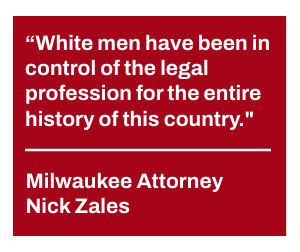
“White men have been in control of the legal profession for the entire history of this country. Minorities have been typically shut out of these kinds of positions. If you’re talking about equity then the Chicago Bears advertisement seeking a person of color to apply is not offensive,” Zales said during an interview with the Wisconsin Law Journal on Thursday.
Zales serves on the Board of Governors for the State Bar of Wisconsin.
In response, Croy said, “He is welcome to have his personal opinions, but that’s not the law.”
The Bears lawsuit has many similarities to the lawsuit filed against the State Bar of Wisconsin in a Wisconsin Federal Court, according to Milwaukee sports-law attorney Marty Greenberg.
Greenberg noted how the Chicago Bears lawsuit, like the State Bar lawsuit, is a Title VII of the Civil Rights Act of 1964 action.
Croy noted both similarities and differences to the Chicago Bears case.
Similarities
“I think it’s similar factually, in some ways. It’s a legal internship opportunity, similar in that sense,” Croy said.
In the State Bar lawsuit, the diversity program targeted was for UW Law students. In the Chicago Bears lawsuit, the Loyola lawsuit was applying for a similar role with the Bears.
Differences
“I think the big distinction is the State Bar of Wisconsin was at least smart enough to use language ‘from historically excluded background,'” Croy said, noting the Bears language clearly specified they wanted to hire only “a person of color.”
Croy noted the State Bar attempted to argue, “They never meant race to begin with. It’s all just a misunderstanding.”
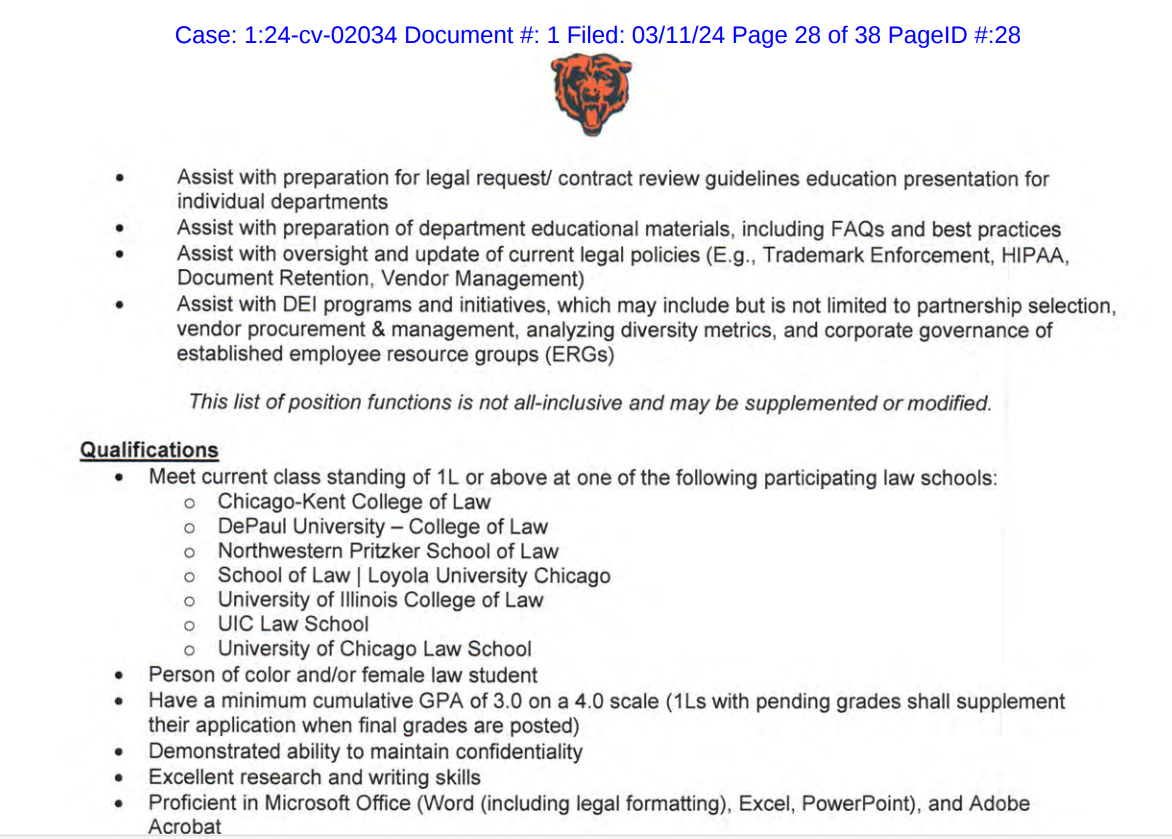
Croy said a job description like this, “is just asking to get sued.”
“It’s almost amateurish of them to do this,” he added.
According to Croy, they Bears have been backed into a corner, legally speaking.
“They shot themselves in the foot. It’s not like they can go to court and argue with a straight face, ‘We were really encouraging people of all backgrounds to apply, or have broad understanding of diversity.”
According to Croy, people have the misconception that the law doesn’t protect white people. “It does,” he said.
Reverse Discrimination
According to Greenberg, ever since the U.S. Supreme Court ruled that race is not a basis for college admission, it has opened the floodgates for reverse discrimination litigation.
“What makes it interesting for Wisconsinites is that the Chicago Bears are the first professional sports team to experience this,” Greenberg said.
Croy agreed, “We are going to see a lot more cases.”
“It’s a case involving civil rights, and should be taken seriously,” Greenberg added.
On Thursday, both the State Bar of Wisconsin and WILL announced both parties had reached a settlement, which included redefining the definition of diversity.
A WILL spokesman said the settlement means the “ending discriminatory DEI practices at the State Bar.” However, the State Bar of Wisconsin maintains their DEI practices were never discriminatory and nothing will change outside of the verbiage surrounding how diversity is defined.
“Now, our client’s mandatory and annual State Bar dues will not fund internships and policies primarily based on race, but rather on merit and diversity of viewpoint,” WILL officials added Thursday.
On Thursday, State Bar Executive Director Larry J. Martin said, “The settlement clarifies the definition of ‘diversity’ but makes no changes to the program.”
During a conversation with the Green Bay Packers on Thursday, the team declined to comment. The Wisconsin Law Journal also reached out to the Chicago Bears for comment on Thursday. No comment was received prior to publication.
Slam dunk?
Due to the fact the Chicago Bears’ job description expressly stated a person of color versus the vague langue used in other posts, Croy is optimistic the plaintiff will recover damages.
“The specific language makes it a much easier lawsuit for the plaintiff,” Croy said, noting, “He won’t even have to play this whole game of what did they really mean. We know what they mean.”
The federal lawsuit over a State Bar of Wisconsin diversity program was filed in the Eastern District of Wisconsin in December 2023, according to court documents obtained by the Wisconsin Law Journal.
In October 2023, Bloomberg News reported, “corporate DEI programs are finding ways to insulate themselves from lawsuits under Title VII of the Civil Rights Act of 1964.” According to Bloomberg, in 2023, organizations began changing the language of their DEI programs, something which the State Bar of Wisconsin has now done to its very definition of diversity.

Winds of Change
Three years ago, prior to the Harvard Supreme Court decision, companies said, “We need to have an affirmative action policy.”
Now the law says companies need to be “colorblind,” Croy said.
According to Croy, companies have historically tried to justify an affirmative action policy as “making up for the sins of the past (remedial). ”
However, under current law, that’s not legal.
“As a matter of law, when an organization engages in affirmative action, it has to have a justification for that,” Croy said, noting to have a remedial purpose the particular organization must have a past record of discriminatory hiring practices.
According to Croy, “The Chicago Bears would have to say from 1960-2000 we didn’t hire Black people and now we feel moral obligation to atone for that sin.”
Chicago-based Trent Law Firm said it has fought for victims of discrimination for more than 50 years. The firm recently made other headlines for suing Facebook’s parent company Meta and 27 others in the “Are we dating the same guy,” lawsuit.
Legal News
- Newly filed report with federal court seeks Havana Syndrome transparency
- Questions of transparency, leadership responsibility linger over State Bar trust
- Firm demands $4.3M in dispute with Wisconsin client
- Chesebro among those charged with interfering in 2020 election
- Williams-Sonoma must pay almost $3.2 million for violating FTC’s ‘Made in USA’ order
- Harvey Weinstein due back in court, while a key witness weighs whether to testify at a retrial
- Protests erupt on college campuses throughout Midwest, and U.S. over war in Gaza
- Flight attendant indicted in attempt to record minor in airplane bathroom
- Wisconsin attorney loses law license, ordered to pay $16K fine
- Former Wisconsin police officer charged with 5 bestiality felony counts
- Judge reject’s Trump’s bid for a new trial in $83.3 million E. Jean Carroll defamation case
- Dozens of deaths reveal risks of injecting sedatives into people restrained by police
WLJ People
- Power 30 Personal Injury Attorneys – Russell Nicolet
- Power 30 Personal Injury Attorneys – Benjamin Nicolet
- Power 30 Personal Injury Attorneys – Dustin T. Woehl
- Power 30 Personal Injury Attorneys – Katherine Metzger
- Power 30 Personal Injury Attorneys – Joseph Ryan
- Power 30 Personal Injury Attorneys – James M. Ryan
- Power 30 Personal Injury Attorneys – Dana Wachs
- Power 30 Personal Injury Attorneys – Mark L. Thomsen
- Power 30 Personal Injury Attorneys – Matthew Lein
- Power 30 Personal Injury Attorneys – Jeffrey A. Pitman
- Power 30 Personal Injury Attorneys – William Pemberton
- Power 30 Personal Injury Attorneys – Howard S. Sicula
